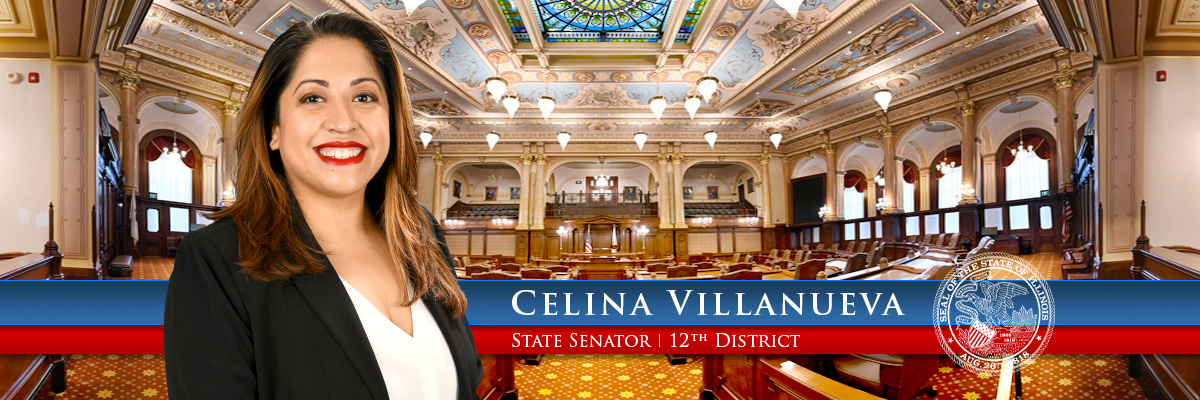- Details
- Category: News
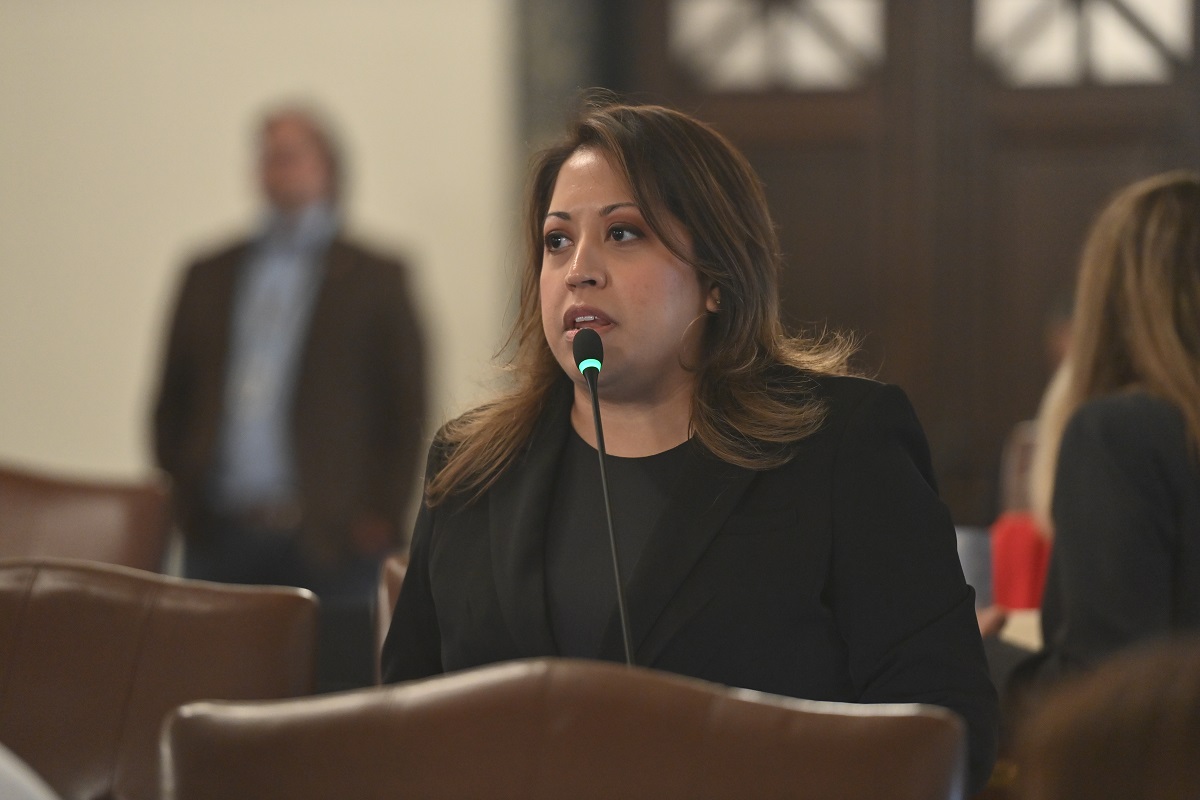
SPRINGFIELD – In order to give minority-owned, women-owned and veteran-owned businesses better opportunities, State Senator Celina Villanueva advanced a measure to allow these marginalized groups to apply for up to $2 million in loans.
“By establishing better business incentives for underrepresented populations, we encourage long-term success and sustainability in disadvantaged communities,” said Villanueva (D-Chicago). “It is important that we continue to break systemic barriers that these communities face in order to see long-lasting change.”
Senate Bill 3807 would encourage more people to apply to the Department of Commerce and Economic Opportunity’s Minority, Veteran, Female and Disability Loan Program by increasing the maximum loan amount from $400,000 to $2 million.
“In prioritizing the marginalized groups that have not been properly represented in the business sector in the past, we empower entire communities,” said Villanueva. “These investments are not only a matter of social responsibility, but strategic investment in long-term vitality.”
Senate Bill 3807 passed the Senate Friday and heads to the House for further consideration.
- Details
- Category: News
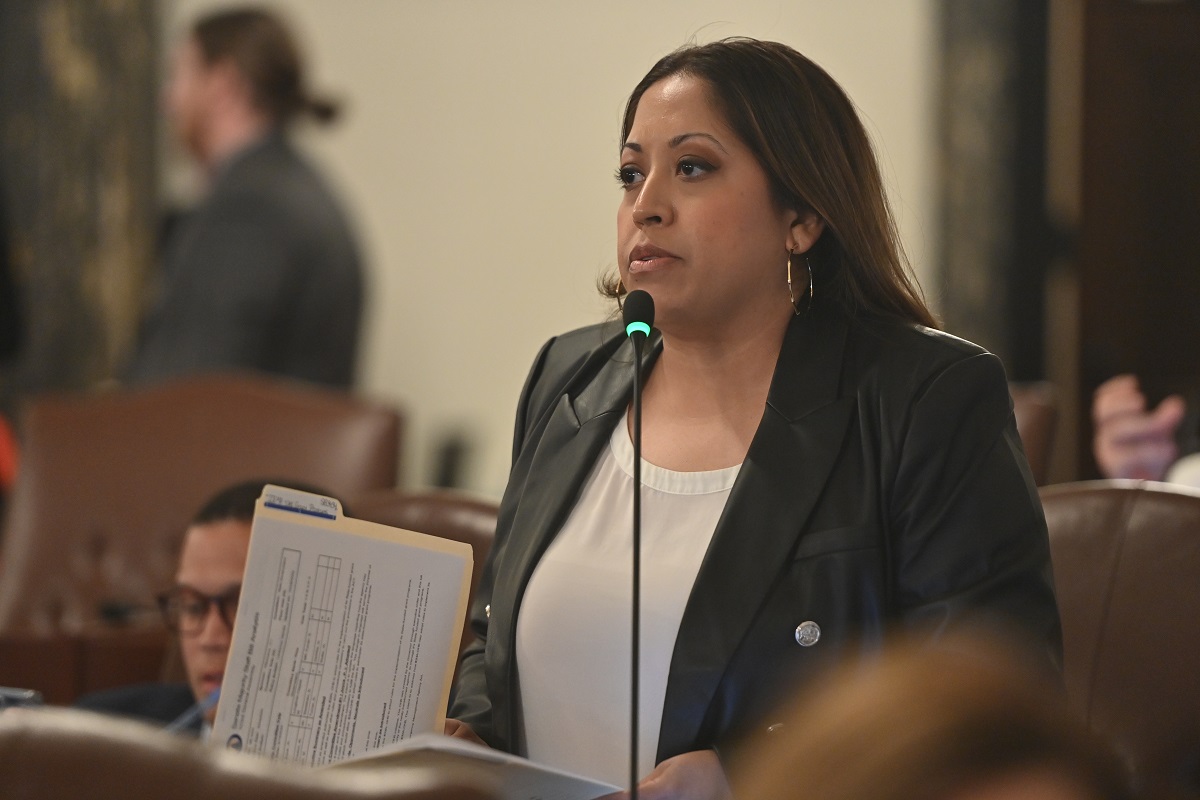
SPRINGFIELD —State Senator Celina Villanueva championed a measure to make the college transfer process easier and more equitable by waving certain admissions fees.
“Equitable access to education is of the upmost importance, and students in their final semester should have the opportunity to transfer without the burden of application fees,” said Villanueva (D-Chicago). “It is our responsibility to ensure every student’s transition into higher education is seamless and fair.”
Read more: Villanueva champions measure to make college transfer process easier
- Details
- Category: News
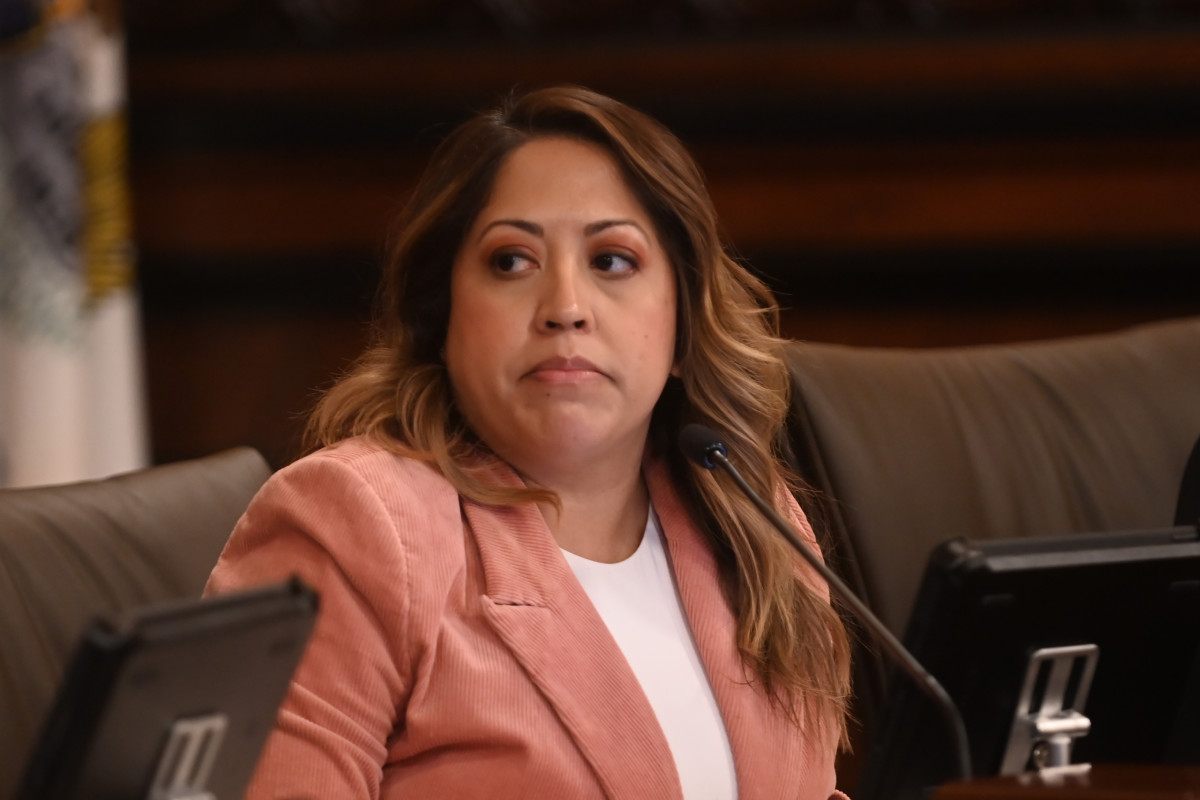
SPRINGFIELD — To further promote both public Illinois State Universities and community colleges, State Senator Celina Villanueva pushed legislation through the Senate Higher Education Committee to allow the waiver of admission application fees for a student transferring from an Illinois public community college.
“Students in their last semester of their program should have the ability to transfer without the unnecessary obstacles of application fees,” said Villanueva (D-Chicago). “While most institutions have a fee waiver process for low-income students, this process varies by institution and usually requires verification.”
- Details
- Category: News
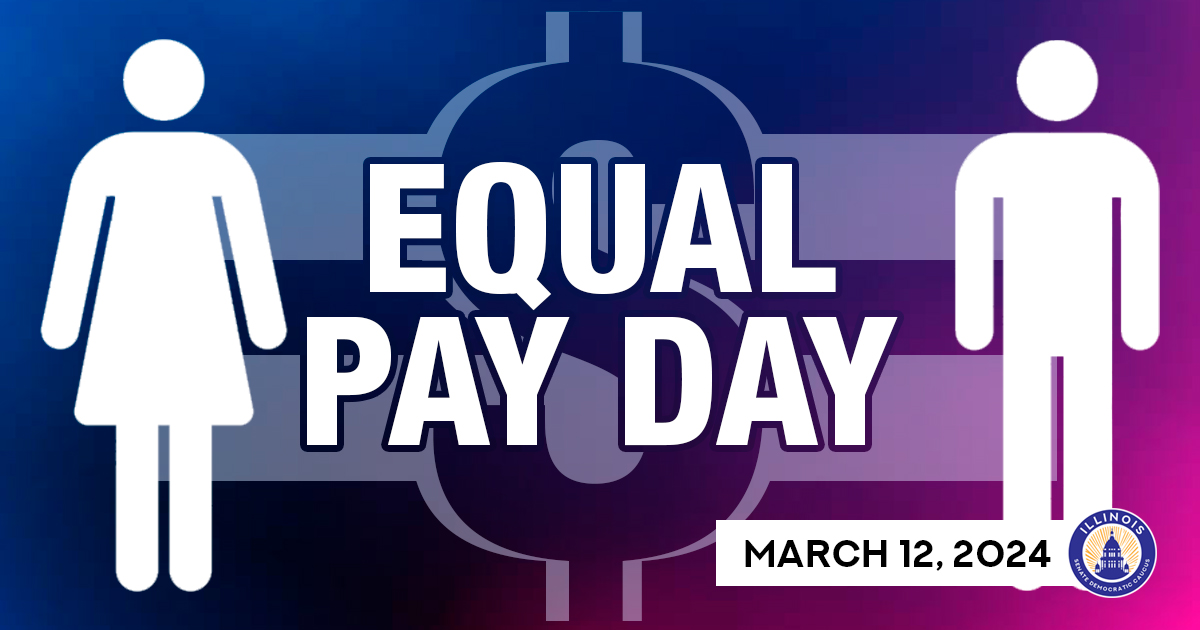
SPRINGFIELD — Women who work full-time are paid on average 16% less than men – leading State Senator Celina Villanueva to name March 12, 2024 Equal Pay Day in Illinois.
“The gender pay gap is unacceptable – when we pay women less, we are telling them their work isn’t as valuable,” said Villanueva (D-Chicago). “This day serves as a reminder of the ongoing struggle for gender equality and to stand up against a society that has silenced women’s voices for far too long.”
Senate Resolution 774 declares March 12, 2024 Equal Pay Day to further encourage people to educate themselves about the pay gap women experience. The pay gap varies significantly among different communities, and other Equal Pay Days reflect that every group is impacted by the pay gap. The average woman has to until March 12 in order to bridge the pay gap. LGBTQIA+ people must work until June 15 to bridge the gap, Black women until July 27, moms until August 15, and Latina women until October 5. Native women must work until November 30, while Asian American, Native Hawaiian and Pacific Islander women must work until April 5 to earn the same as the average man.
“Women are vital parts of society – and it’s time we address equality and systemic discrimination on a legislative level,” said Villanueva. “I will continue to advocate for fair compensation and challenge discriminatory practices until we see tangible change.”
Senate Resolution 774 was adopted by the Senate Tuesday.
More Articles …
- Villanueva measure to increase business loan opportunities for underserved communities
- Villanueva advances measure to create Office of Economic Equity
- Villanueva secures over $180,000 for Chicago’s Blue Island transit providers
- Villanueva encouraged by investments in vulnerable communities in governor’s budget
Page 13 of 46
